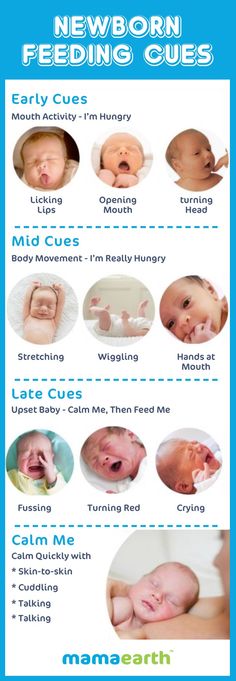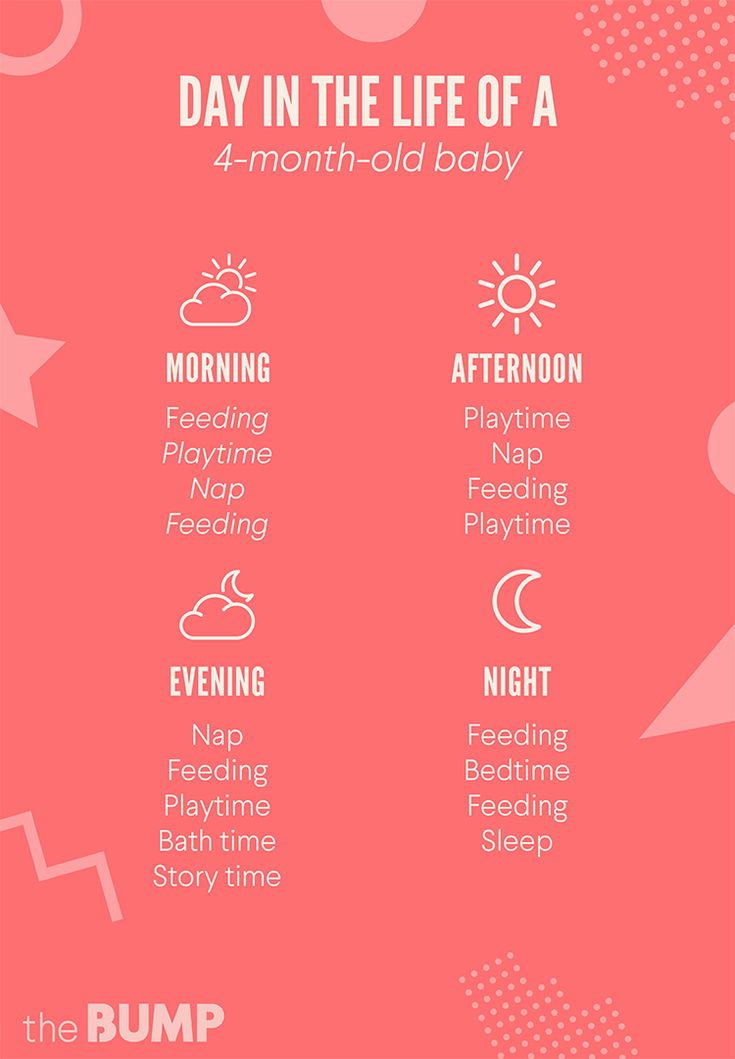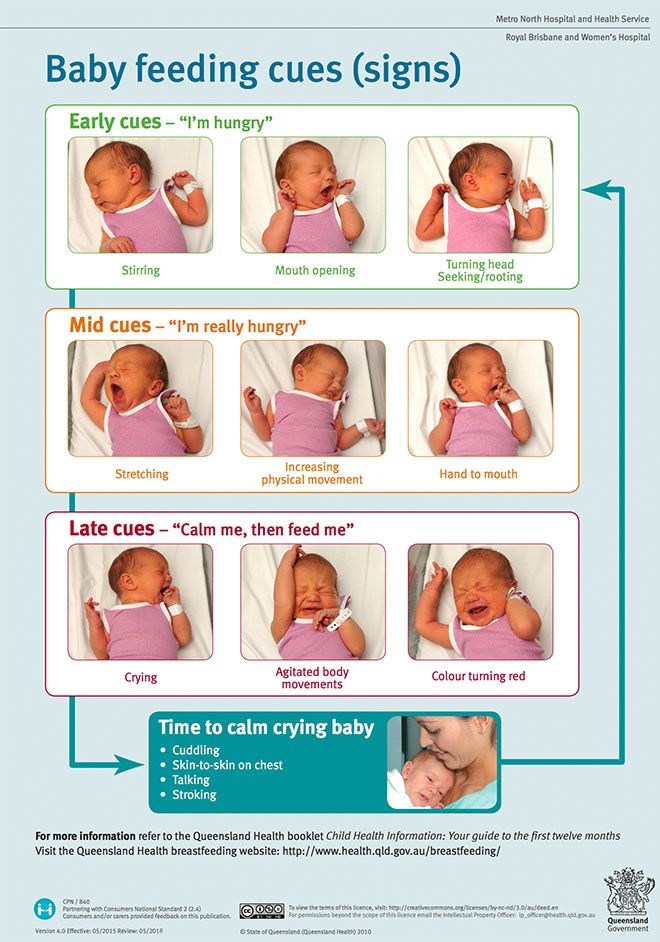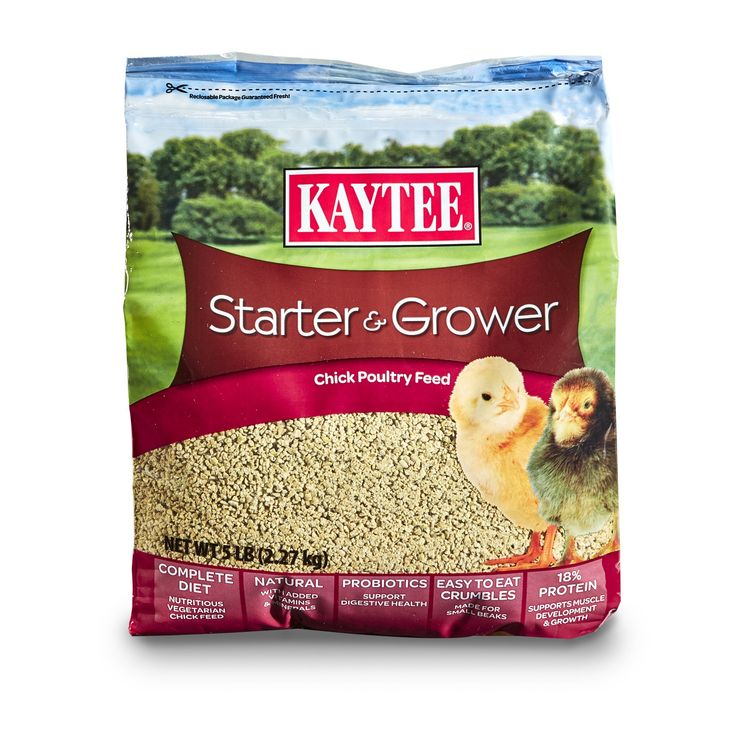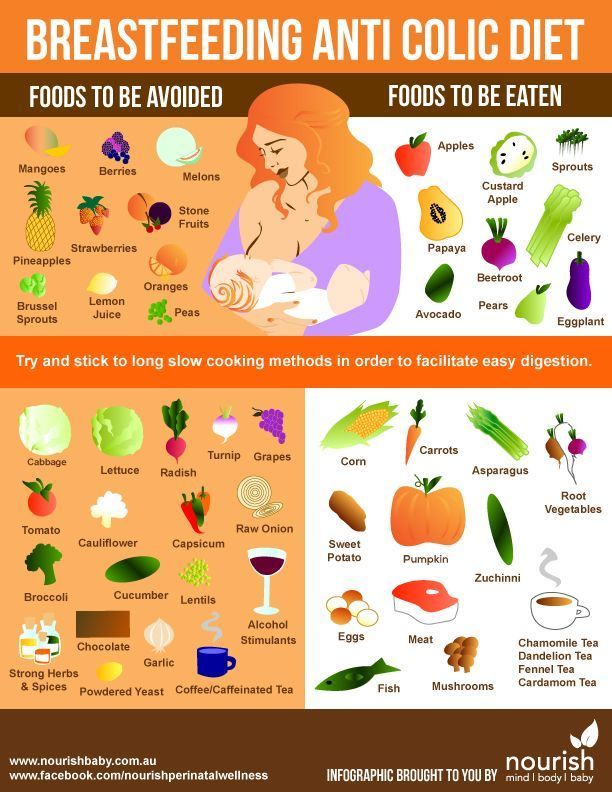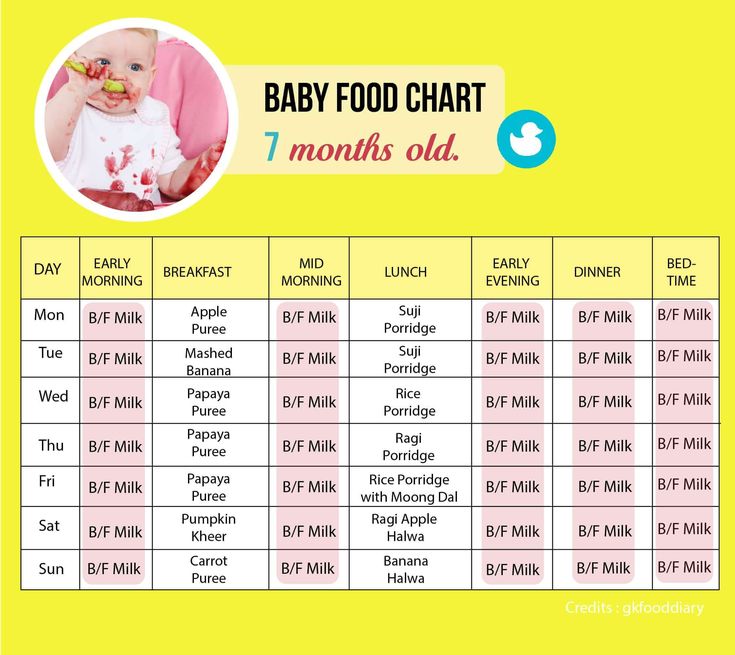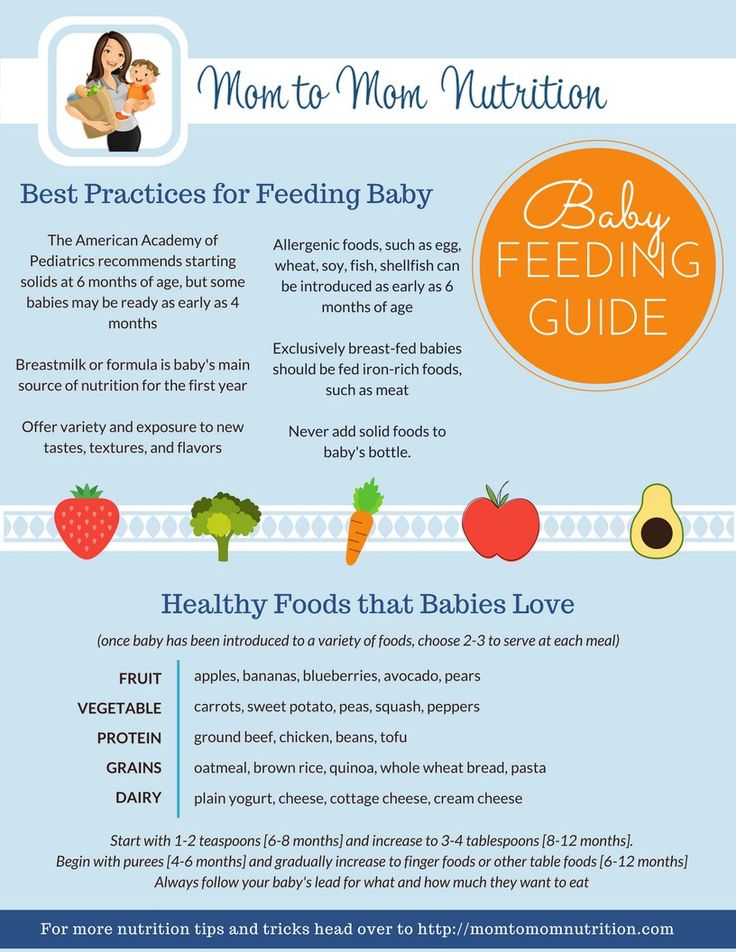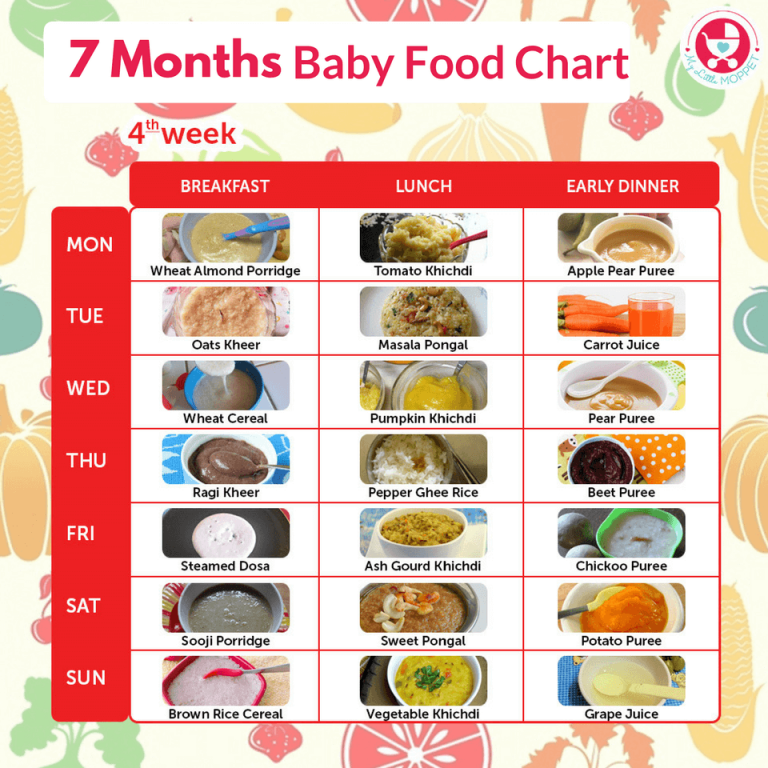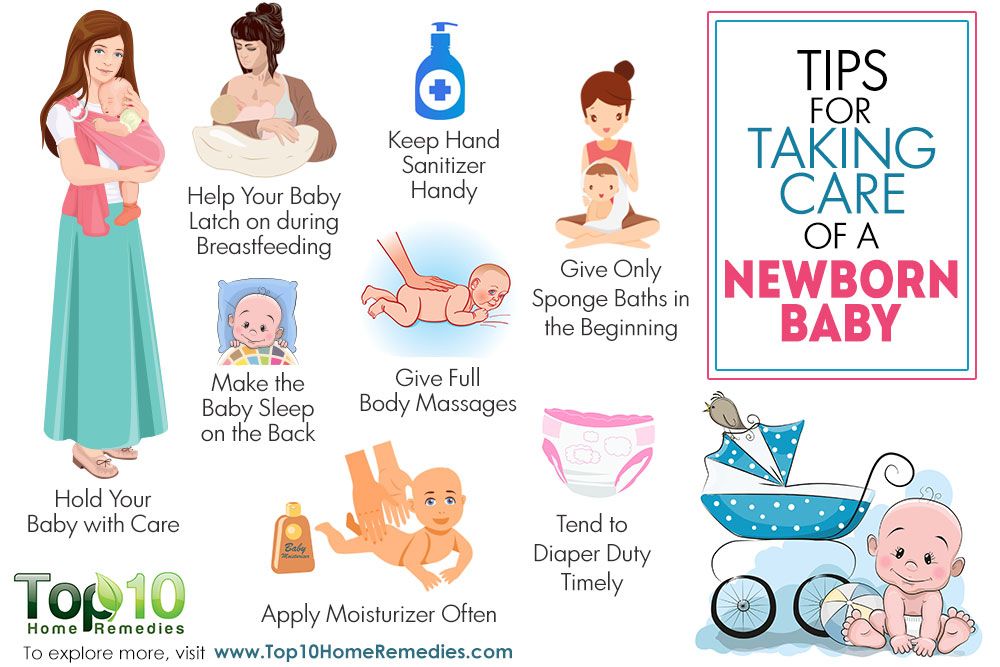Nhs baby feeding advice
Breastfeeding: the first few days
In the first few days, you and your baby will be getting to know each other. It may take time for both of you to get the hang of breastfeeding.
This happens faster for some women than others. But nearly all women produce enough milk for their baby.
Preparing to breastfeed before the birth
It's good to find out as much as you can about breastfeeding before you have your baby. It may help you feel more confident when you start breastfeeding your baby.
Antenatal classes usually cover the most important aspects of breastfeeding, such as positioning and attachment, expressing, and how to tackle common breastfeeding problems.
Find antenatal classes near you.
You can find out about breastfeeding from your midwife, family and friends, and useful helplines and websites.
There are lots of groups and drop-ins, some specially designed for pregnant women who want to know more about breastfeeding. You can find out more by asking your midwife, health visitor, local peer supporter or GP. Or visit your local Children's Centre.
Skin-to-skin contact
Having skin-to-skin contact with your baby straight after giving birth will help to keep them warm and calm and steady their breathing.
Skin-to-skin means holding your baby naked or dressed only in a nappy against your skin, usually under your top or under a blanket.
Skin-to-skin time can be a bonding experience for you and your baby. It's also a great time to have your first breastfeed. If you need any help, your midwife will support you with positioning and attachment.
Skin-to-skin contact is good at any time. It will help to comfort you and your baby over the first few days and weeks as you get to know each other. It also helps your baby attach to your breast using their natural crawling and latching-on reflexes.
You'll still be able to bond with and breastfeed your baby if skin-to-skin contact is delayed for some reason, for example if your baby needs to spend some time in special care.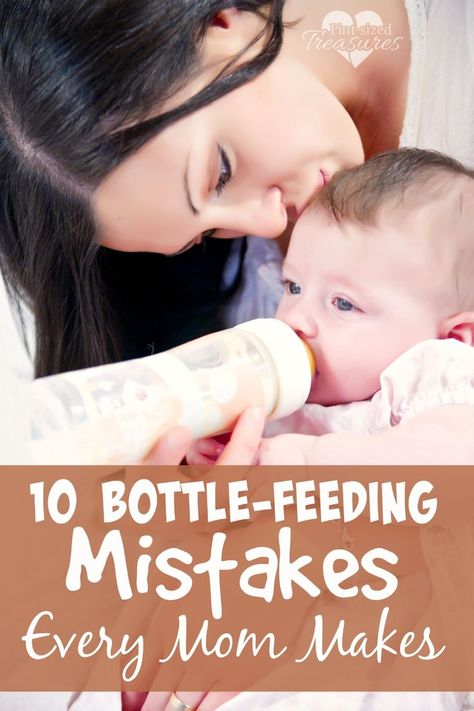
If necessary, your midwife will show you how to express your breast milk until your baby is ready to breastfeed. They can also help you have skin-to-skin contact with your baby as soon as it's possible.
Skin-to-skin after a caesarean
If your baby is delivered by caesarean, you should still be able to have skin-to-skin contact with your baby straight after delivery.
Colostrum: your first milk
The fluid your breasts produce in the first few days after birth is called colostrum. It's thick and usually a golden yellow colour. It's a very concentrated food, so your baby will only need a small amount, about a teaspoonful, at each feed.
Your baby may want to feed quite often, perhaps every hour to begin with. They'll begin to have fewer, but longer feeds once your breasts start to produce more "mature" milk after a few days.
The more you breastfeed, the more your baby's sucking will stimulate your supply and the more milk you'll make.
Your let-down reflex
Your baby's sucking causes muscles in your breasts to squeeze milk towards your nipples. This is called the let-down reflex.
Some women get a tingling feeling, which can be quite strong. Others feel nothing at all.
You'll see your baby respond when your milk lets down. Their quick sucks will change to deep rhythmic swallows as the milk begins to flow. Babies often pause after the initial quick sucks while they wait for more milk to be delivered.
Occasionally this let-down reflex can be so strong that your baby coughs and splutters. Your midwife, health visitor or breastfeeding supporter can help with this, or see some tips for when you have too much breast milk.
If your baby seems to be falling asleep before the deep swallowing stage of feeds, they may not be properly attached to the breast. Ask your midwife, health visitor or breastfeeding supporter to check your baby's positioning and attachment.
Sometimes you'll notice your milk letting down in response to your baby crying or when you have a warm bath or shower.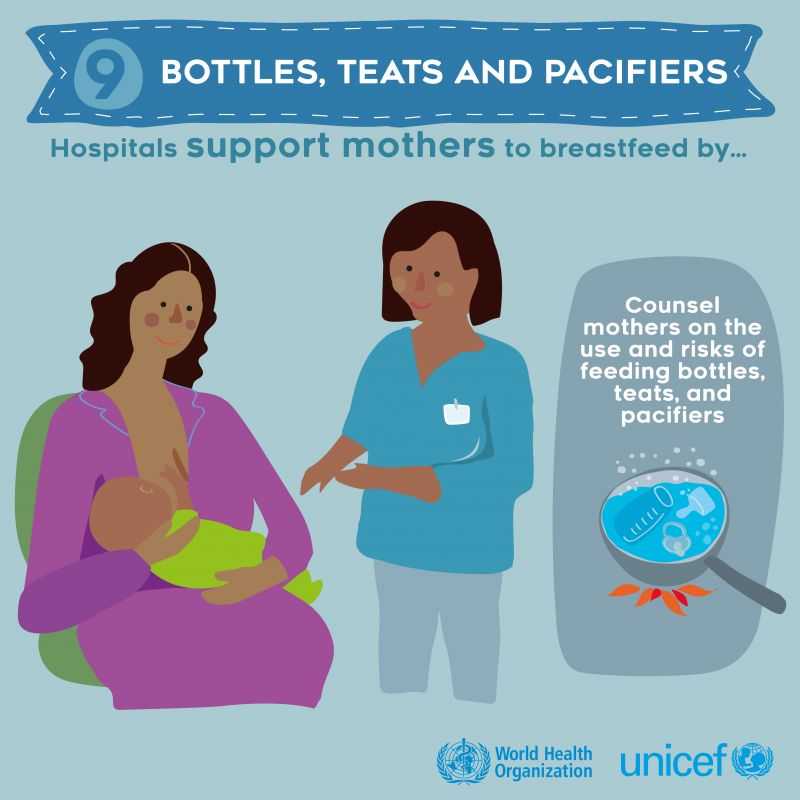 This is normal.
This is normal.
How often should I feed my baby?
In the first week, your baby may want to feed very often. It could be every hour in the first few days.
Feed your baby as often as they want and for as long as they want. They'll begin to have fewer, but longer feeds after a few days.
As a very rough guide, your baby should feed at least 8 to 12 times, or more, every 24 hours during the first few weeks.
It's fine to feed your baby whenever they are hungry, when your breasts feel full or if you just want to have a cuddle.
It's not possible to overfeed a breastfed baby.
When your baby is hungry they may:
- get restless
- suck their fist or fingers
- make murmuring sounds
- turn their head and open their mouth (rooting)
It's best to try and feed your baby during these early feeding cues as a crying baby is difficult to feed.
Building up your milk supply
Around 2 to 4 days after birth you may notice that your breasts become fuller.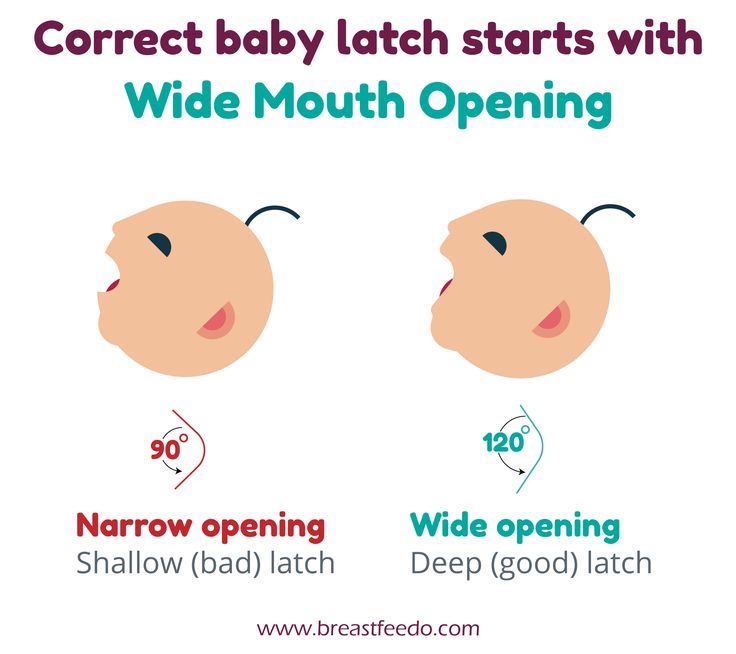 This is often referred to as your milk "coming in".
This is often referred to as your milk "coming in".
Your milk will vary according to your baby's needs. Each time your baby feeds, your body knows to make more milk for the next feed. The amount of milk you make will increase or decrease depending on how often your baby feeds.
Feed your baby as often as they want and for as long as they want. This is called responsive feeding. In other words, responding to your baby's needs. It's also known as on-demand or baby-led feeding.
In the beginning, it can feel like you're doing nothing but feeding. But gradually you and your baby will get into a pattern and the amount of milk you produce will settle down.
It's important to breastfeed at night because this is when you produce more hormones (prolactin) to build up your milk supply.
In the early weeks, before you and your baby have become comfortable with breastfeeding, "topping up" with formula milk or giving your baby a dummy can lower your milk supply.
Speak to a midwife or health visitor if you are worried about breastfeeding or you think your baby is not getting enough milk.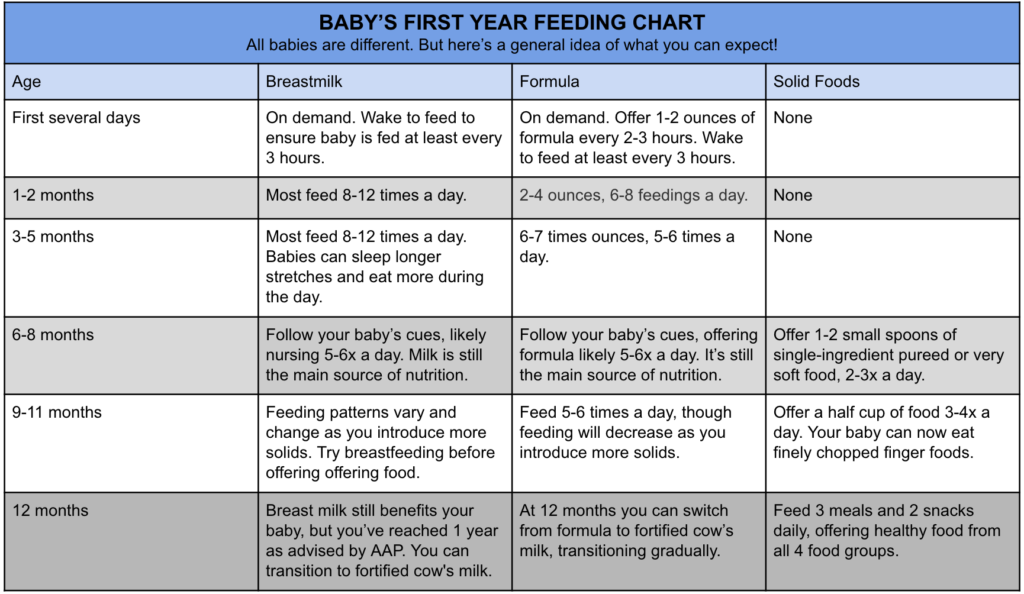
They might suggest giving your baby some expressed breast milk along with breastfeeding.
Find out more about how to tell if your baby is getting enough milk and tips for building up your milk supply.
Dealing with leaking breasts
Sometimes, breast milk may leak unexpectedly from your nipples.
Wearing breast pads will stop your clothes becoming wet with breast milk. Remember to change them frequently to prevent an infection.
Expressing some milk may also help. Only express enough to feel comfortable as you do not want to overstimulate your supply.
If your baby has not fed recently, you could offer them a feed as breastfeeding is also about you being comfortable.
Help and support for breastfeeding
- Find out more about positioning and attachment, including how to get comfortable and make sure your baby is properly attached.
- If you are having difficulties with breastfeeding, take a look at breastfeeding problems.
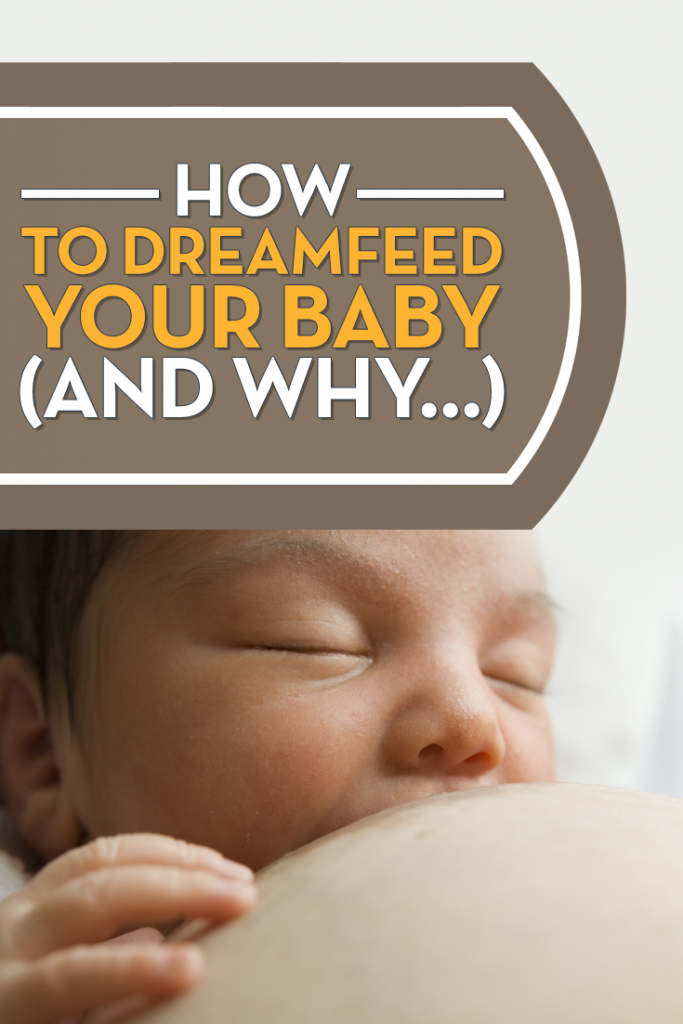
- Ask a midwife or health visitor for help. They can also tell you about other breastfeeding support available near you.
- Search online for breastfeeding support in your area.
- Call the National Breastfeeding Helpline on 0300 100 0212 (9.30am to 9.30pm daily).
Got a breastfeeding question?
Use the Start4Life Breastfeeding Friend chatbot for fast, friendly, trusted NHS advice anytime, day or night.
Get Start4Life pregnancy and baby emails
Sign up for Start4Life's weekly emails for expert advice, videos and tips on pregnancy, birth and beyond.
Community content from HealthUnlockedBottle feeding advice - NHS
If you're planning to bottle feed with expressed breast milk or infant formula, these tips will help you feed your baby and keep them safe and healthy.
If you decide to use infant formula, first infant formula (first milk) should always be the first formula you give your baby.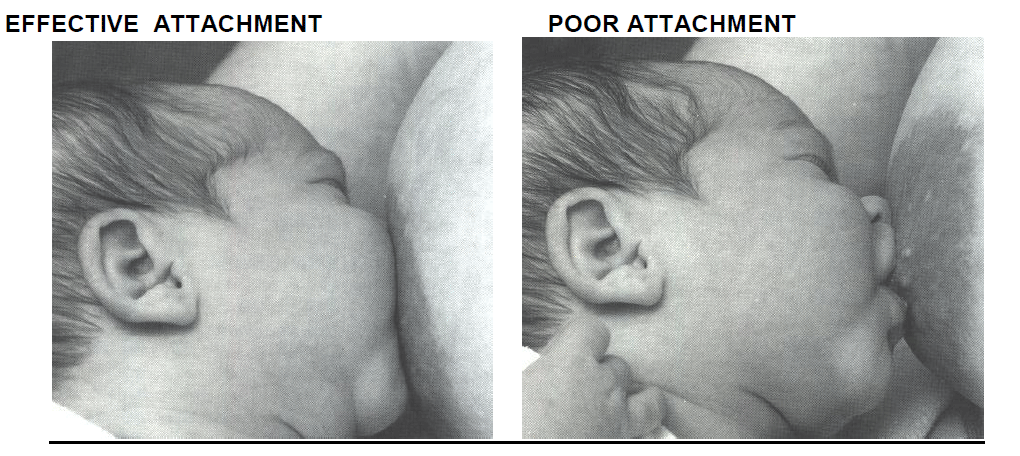 You can use it throughout the first year.
You can use it throughout the first year.
Buying bottle feeding equipment
You'll need several bottles, teats and a bottle brush, as well as sterilising equipment, such as a cold-water steriliser, microwave or steam steriliser.
There's no evidence that 1 type of teat or bottle is better than any other. Simple bottles that are easy to wash and sterilise are probably best.
Making up bottles for your baby
Make sure you sterilise bottles and teats until your baby is at least 12 months old. Wash your hands thoroughly before handling sterilised bottle and teats.
If you're using infant formula, follow the instructions on the packaging carefully when you make up the feed.
See how to make up baby formula.
How to bottle feed your baby
Bottle feeding is a chance to feel close to your baby and get to know and bond with them.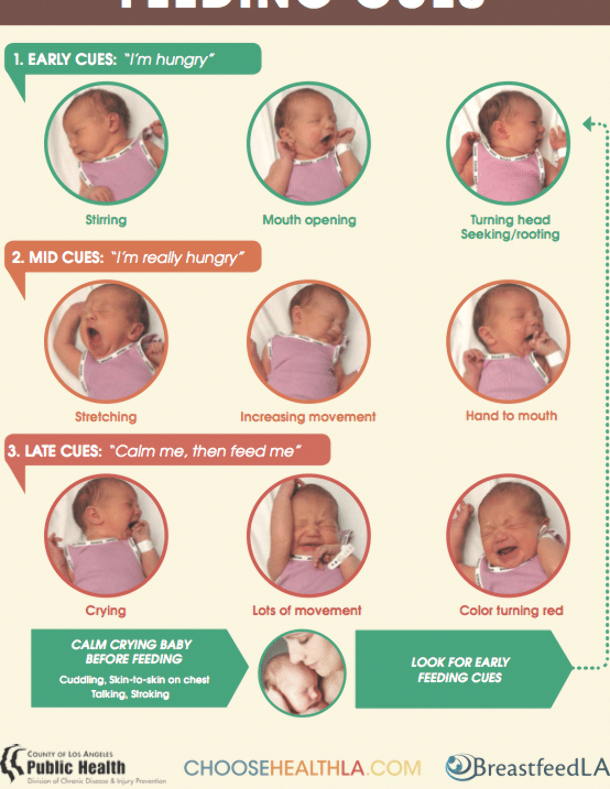 Babies will feel more secure if most feeds are given by you, your partner or their main caregiver.
Babies will feel more secure if most feeds are given by you, your partner or their main caregiver.
Make sure you're sitting comfortably with your baby close to you. Enjoy holding your baby, look into their eyes and talk to them as you feed them.
Hold your baby in a semi-upright position for bottle feeds. Support their head so they can breathe and swallow comfortably.
Brush the teat against your baby's lips and when they open their mouth wide let them draw in the teat.
Always give your baby plenty of time to feed.
Do not leave your baby alone
Never leave your baby alone to feed with a propped-up bottle as they may choke on the milk.
Keep the bottle horizontal
Gently place the teat into the baby’s mouth. Keep the bottle in a horizontal position (just slightly tipped). This will allow the milk to flow steadily and help prevent your baby from taking in air.
If the teat goes flat while you're feeding, pull gently on the corner of your baby's mouth to release the suction.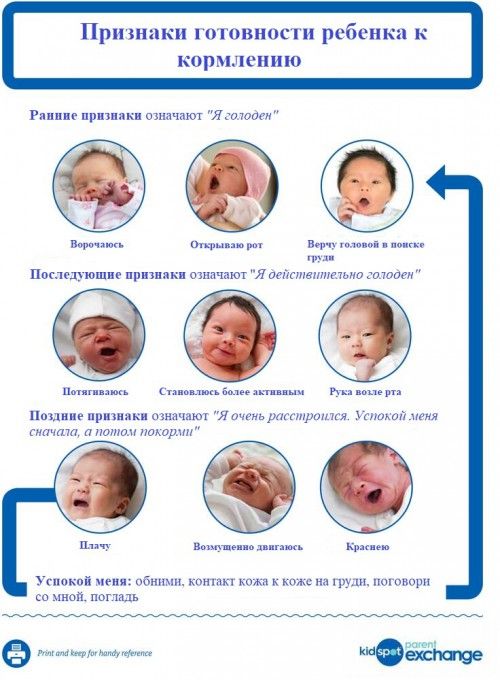
If the teat gets blocked, replace it with another sterile teat.
Be guided by your baby
All babies are different. Your baby will know how much milk they need. Some want to feed more often than others. Just follow your baby's lead.
Feed your baby when they seem hungry and do not worry if they do not finish the bottle.
Winding your baby
Your baby may take short breaks during a feed and may sometimes need to burp.
When your baby has had enough milk, hold them upright and gently rub or pat their back to bring up any wind.
Throw away unused milk
Throw away any unused formula or breast milk after you've finished bottle feeding your baby.
Only make up the feed when needed – one feed at a time.
Help with bottle feeding
Talk to your midwife, health visitor or other mothers who have bottle fed if you need help and support.
You'll find the phone number for your health visitor in your baby's personal health record (red book).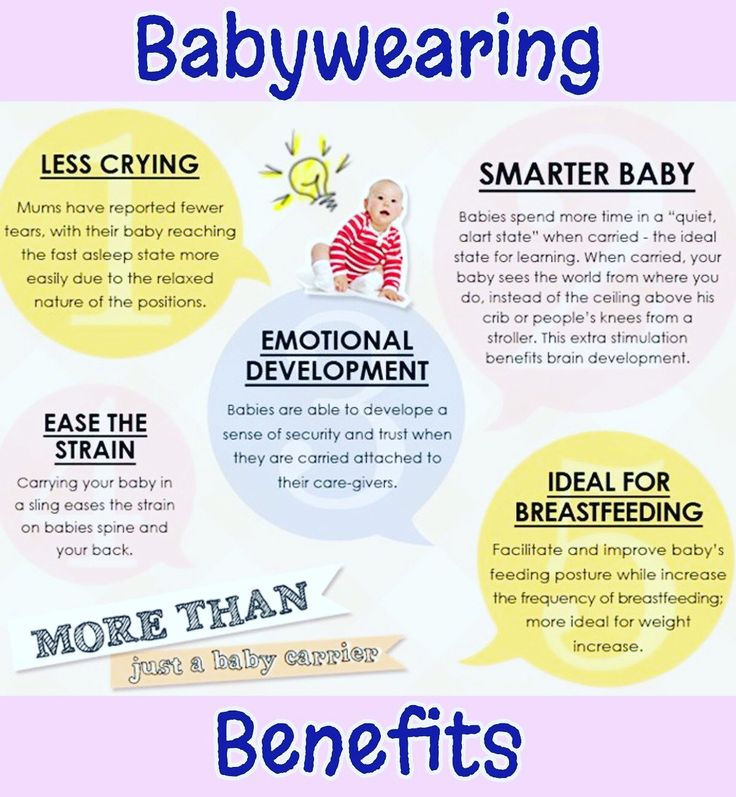
Your questions about bottle feeding
Why if my baby does not settle after feeds?
If your baby swallows air while bottle feeding, they may feel uncomfortable and cry.
After a feed, hold your baby upright against your shoulder or propped forward on your lap. Gently rub their back so any trapped air can find its way out.
Your baby may sometimes only burp up a small amount of air.
Why is my baby sometimes sick after feeds?
It's normal for babies to bring up a little milk during or just after a feed. This is called possetting, regurgitation or reflux.
Keep a muslin square handy just in case.
Check that the hole in your baby's teat is not too big. Drinking milk too quickly can make your baby sick.
Do not force them to take more milk than they want during a feed. This may be distressing for your baby and can lead to overfeeding.
Sitting your baby upright on your lap after a feed may help.
If it happens a lot, or your baby is violently sick, seems to be in pain or you're worried for any other reason, talk to your health visitor or GP.
Can formula make my baby constipated?
When using formula, always use the amount of powder recommended on the packaging.
Do not add extra formula powder. Using too much can make your baby constipated and may cause dehydration.
If your baby is under 8 weeks old and has not done a poo for 2 to 3 days, talk to your midwife, health visitor or GP, particularly if your baby is gaining weight slowly.
Your baby should be gaining weight and have plenty of wet and dirty nappies.
Infant formula and allergies
If you think your baby might be allergic to or intolerant of formula, talk to your GP. If necessary, they can prescribe a special formula feed.
Some formula is labelled as hypoallergenic, but this is not suitable for babies with a diagnosed cows' milk allergy.
Soya formula should only be given to babies under medical supervision.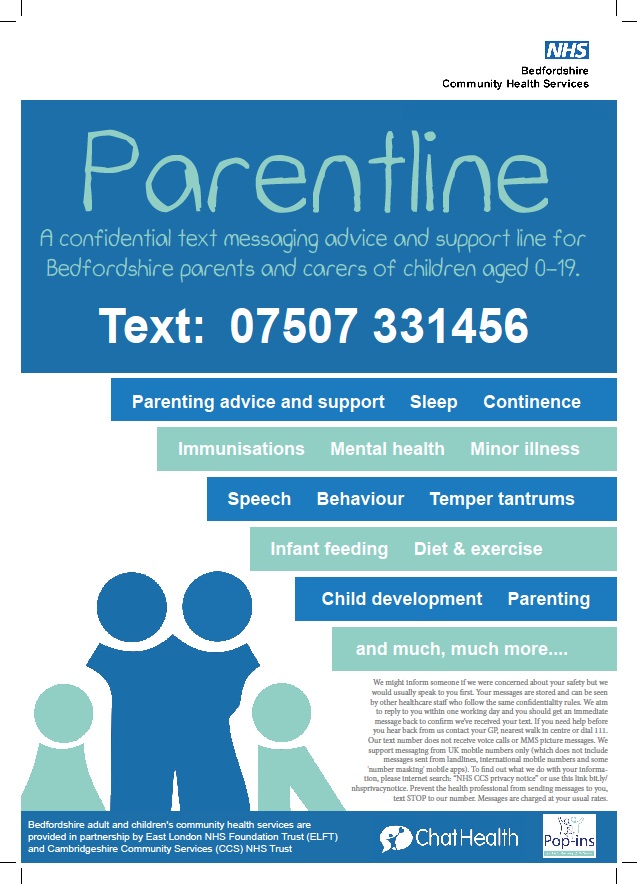
Always talk to your GP before using hypoallergenic or soya-based formula.
Read more about cows' milk allergy and lactose intolerance.
Get Start4Life pregnancy and baby emails
For information and advice you can trust, sign up for weekly Start4Life pregnancy and baby emails.
The Start4Life website also has more information and advice about expressing and bottle feeding
What to eat while breastfeeding | Breastfeeding Diet
You know that breast milk is the best food for your baby. What about your own nutrition while breastfeeding? We asked the nutritionist a few questions about the nutrition of a nursing mother.
Share this information
Priya Tew, UK-based registered dietitian :
Priya is a nutritionist, M.D., multi-award winning member of the British Dietetic Association and the Health Professions Council.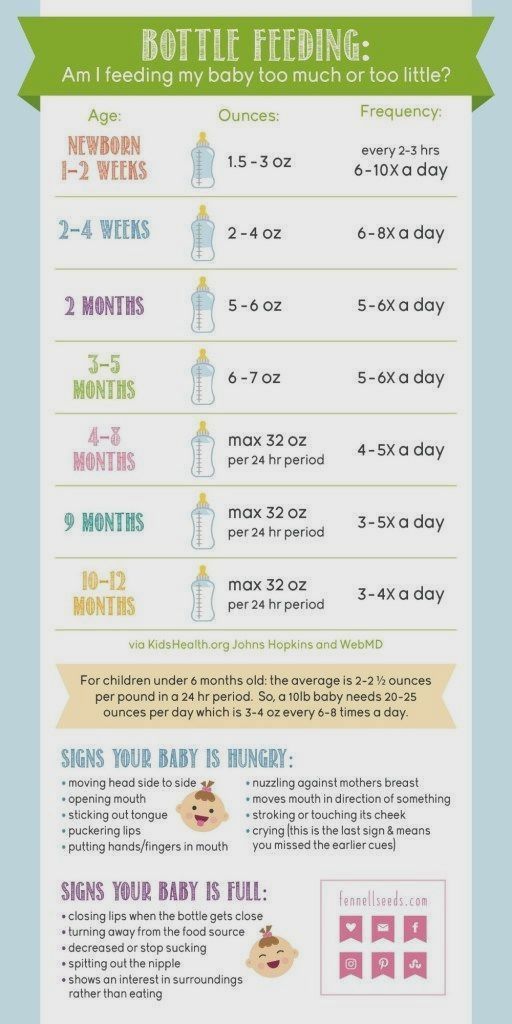 She has three children, and she breastfed each of them for up to 18 months. nine0003
She has three children, and she breastfed each of them for up to 18 months. nine0003
During breastfeeding, there is no need to follow a special diet, the main thing is that your diet is balanced. It should include plenty of fruits and vegetables, whole grains such as oats, brown rice, various cereals, and breads labeled "whole grain", "wholemeal" or "wholemeal". These foods, along with potatoes, pasta, and couscous, are high in starch, an important source of energy.
In addition, you need lean proteins found in chicken, eggs, legumes, lentils, fish, and lean beef, as well as healthy fats found in olive oil, nuts, seeds, avocados, and fatty fish such as salmon and mackerel. Oily fish is very good for your health and development of your baby, but you should not eat more than two servings per week (about 140 g), as it may contain harmful impurities. nine0014 1
Should I take vitamins while breastfeeding?
The most important is vitamin D. It is essential for healthy bones, you and your baby.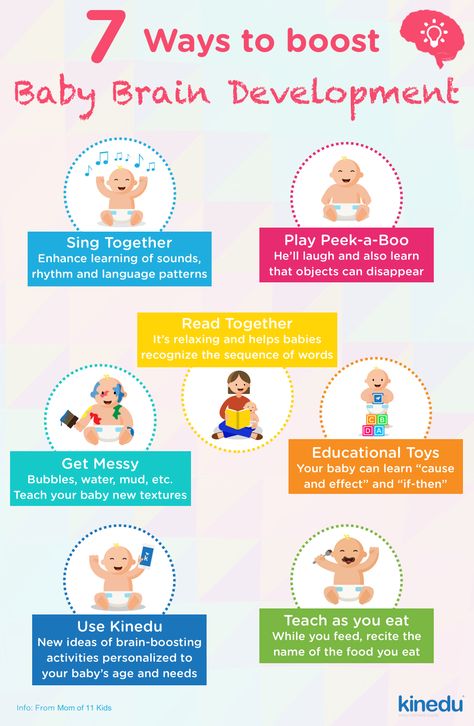 We get most of this vitamin from the sun. If you live in a region with insufficient solar activity, especially in winter, your body may lack it. In this case, the doctor may advise taking vitamin D supplements. 2
We get most of this vitamin from the sun. If you live in a region with insufficient solar activity, especially in winter, your body may lack it. In this case, the doctor may advise taking vitamin D supplements. 2
You also need to get enough calcium, as it is excreted from the body during breastfeeding. nine0014 3 Try to eat four servings of foods rich in this mineral a day. These can be dairy products such as milk, yogurt, and cheese, or non-dairy products such as nuts, tofu, sesame seeds, and leafy vegetables. One serving may consist of, for example, half a cup of green vegetables or a small piece of cheese (50 g).
What foods should I avoid while breastfeeding?
The good news is that you can eat almost anything while breastfeeding. Only the consumption of oily fish should be limited. In small quantities, even caffeine is acceptable - more on this below. nine0003
If you are not allergic to peanuts, there is no reason to deny yourself products that contain peanuts.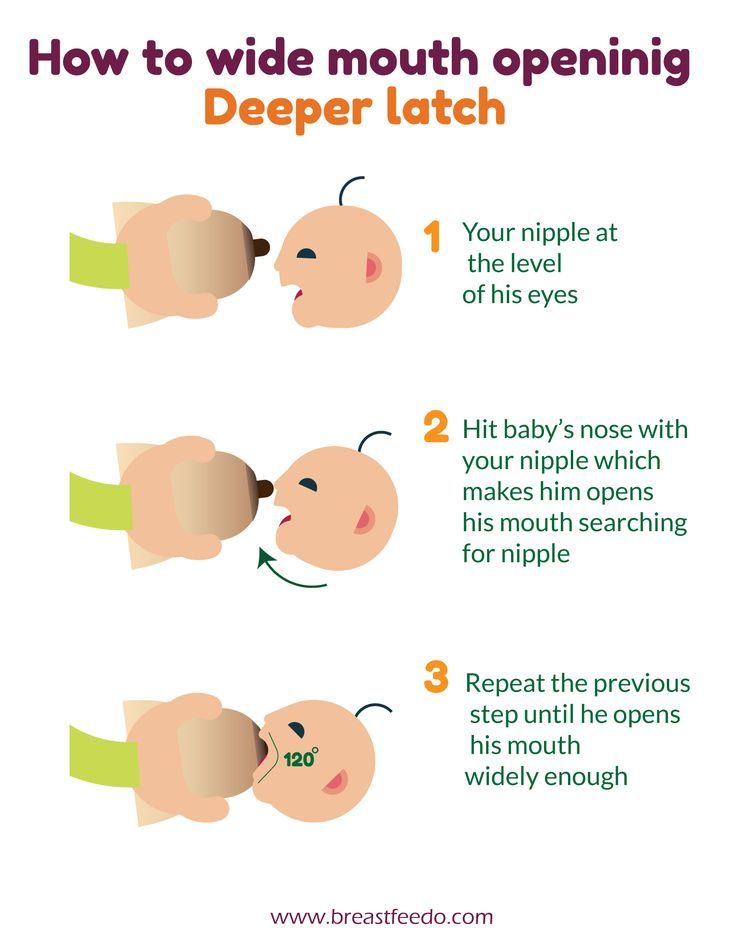 Recent studies show that if you eat peanuts while breastfeeding and gradually introduce them into your baby's diet during the first year, your baby will be less likely to become allergic to them in the future. 4
Recent studies show that if you eat peanuts while breastfeeding and gradually introduce them into your baby's diet during the first year, your baby will be less likely to become allergic to them in the future. 4
Are extra calories needed while breastfeeding?
Breastfeeding mothers need about 500 more calories a day. nine0014 5 But every mother is unique and your energy needs will change throughout your breastfeeding period. The number of calories you need depends on your baby's age, appetite, height, and weight, as well as your body mass index (BMI), your activity, and factors such as whether you are exclusively breastfeeding or not, and whether you are breastfeeding twins or multiple babies.
Can I go on a diet while breastfeeding?
Trying to lose weight while breastfeeding is not a good idea because you need to get enough nutrients for you and your baby. The fat accumulated during pregnancy is used to produce milk, so breastfeeding in itself will help you shed those extra pounds.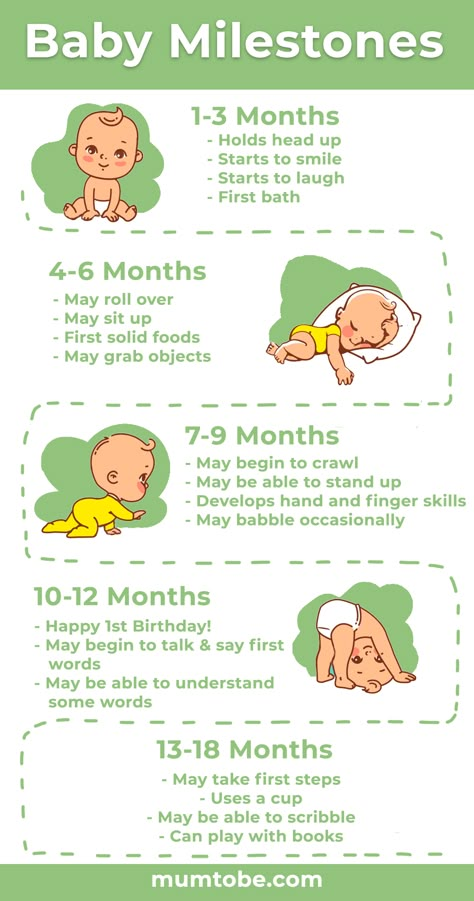 nine0003
nine0003
If your weight changes by more than 1 kg per week, check if you are eating a healthy and balanced diet and adjust if necessary. You can also ask your doctor for advice.
How can I find time to prepare healthy meals?
Having devoted yourself to feeding a child, you can forget about your own nutrition. However, it is important to ensure that your diet does not consist only of sweets and cookies. Of course, sweet snacks are easy and quick, but they do not bring any benefit to your body. nine0003
Opt for quick yet nutritious meals like scrambled eggs with spinach or fried chicken with brown rice. Oatmeal is great for breakfast, as it provides a slow release of energy from grains and soluble dietary fiber, which is what you need to restore strength in the morning after a night of breastfeeding.
Store pre-cut fruits and vegetables in the refrigerator for light snacks, or carry unsalted nuts in your bag. It's much easier than peeling tangerines with one hand while holding a baby with the other.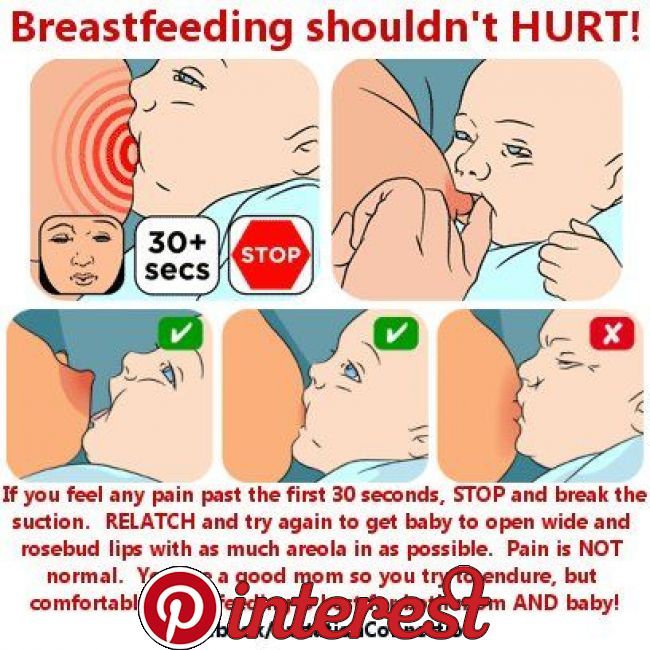 nine0003
nine0003
Should I drink more water while breastfeeding?
Breastfeeding can make you thirsty, so it's important to drink enough water. A person needs six to eight glasses of fluid a day, and even more if breastfeeding. 6 Make it a habit to drink a glass of water, milk or fruit juice without sugar every time you feed your baby.
I love coffee. Do I need to quit caffeine?
Coffee, like everything you eat or drink, passes into your breast milk, so it is advisable to limit your intake while breastfeeding. Legal coffee limits vary by country, but the average recommendation is not to exceed 200-300 mg of caffeine per day (300 mg is equivalent to two cups of filtered coffee or four cups of tea). Talk to your doctor about the acceptable amount of coffee consumption for you. Also, don't forget that caffeine is found in cola and energy drinks, and a small bar of dark chocolate can contain up to 50 mg. nine0014 7
If I eat a varied diet, will my baby be less picky?
Breast milk has the flavor of everything you eat.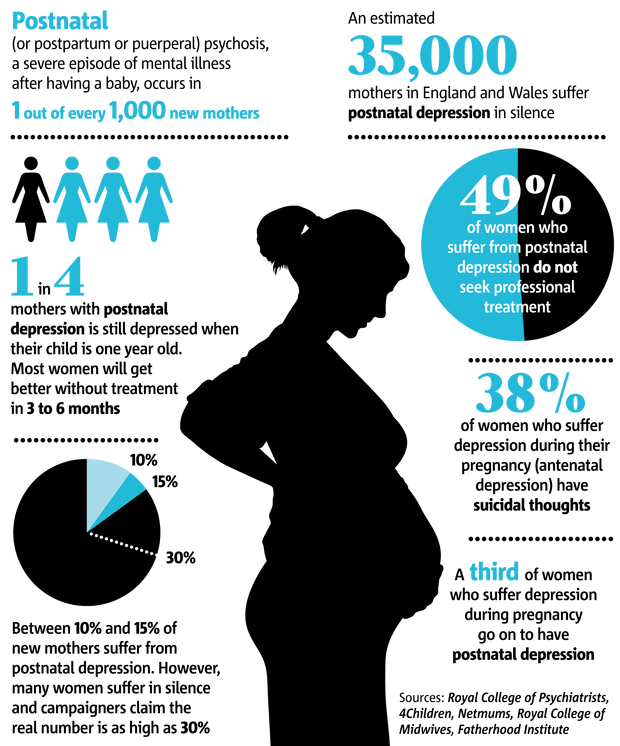 8 Therefore, if you eat a variety of foods during breastfeeding, giving your baby different tastes to try, he may like them in the future.
8 Therefore, if you eat a variety of foods during breastfeeding, giving your baby different tastes to try, he may like them in the future.
If you like spicy and spicy foods, there is no reason to refuse them while breastfeeding. When my first child was born, I ate a lot of spicy food. When my daughter was two years old, we went to Sri Lanka, coincidence or not, but she ate absolutely everything. nine0003
Can something in my diet not be suitable for a child?
At an early age, babies often suffer from colic or are picky eaters, so mothers naturally wonder if their diet is causing this. Most likely no. Studies show that the proportion of children who are allergic to any component of breast milk is only slightly more than 1%. 9 Cow's milk, eggs, corn, and soy proteins in moms' diets are much more likely to cause allergic reactions than spicy foods, hot sauces, or cruciferous vegetables, which moms usually worry about. nine0003
If your baby is allergic to substances in your milk, it can cause profuse vomiting, rash, bloody stools, or prolonged constipation. If your baby has an intolerance to any food, you will notice symptoms such as moodiness and crying after feeding, burping, diarrhea, or the baby will press his knees to his chest. Contact your doctor if something is bothering you. He may suggest eliminating certain foods for a couple of weeks, and then see if the child's behavior changes after eating them again. nine0003
If your baby has an intolerance to any food, you will notice symptoms such as moodiness and crying after feeding, burping, diarrhea, or the baby will press his knees to his chest. Contact your doctor if something is bothering you. He may suggest eliminating certain foods for a couple of weeks, and then see if the child's behavior changes after eating them again. nine0003
You can also keep a food diary: write down everything you eat and drink, as well as your child's symptoms, and you may notice some patterns. However, before cutting out any foods, such as dairy, always check with your doctor, as it's important to know that you're getting the nutrients you need from other sources. Depending on where you live, you will be referred to a nutritionist or other specialist.
Does a vegetarian diet affect breast milk? nine0018
If you are getting enough calories and all the nutrients your body needs (carbohydrates, proteins, fats, vitamins and minerals), then you have nothing to worry about.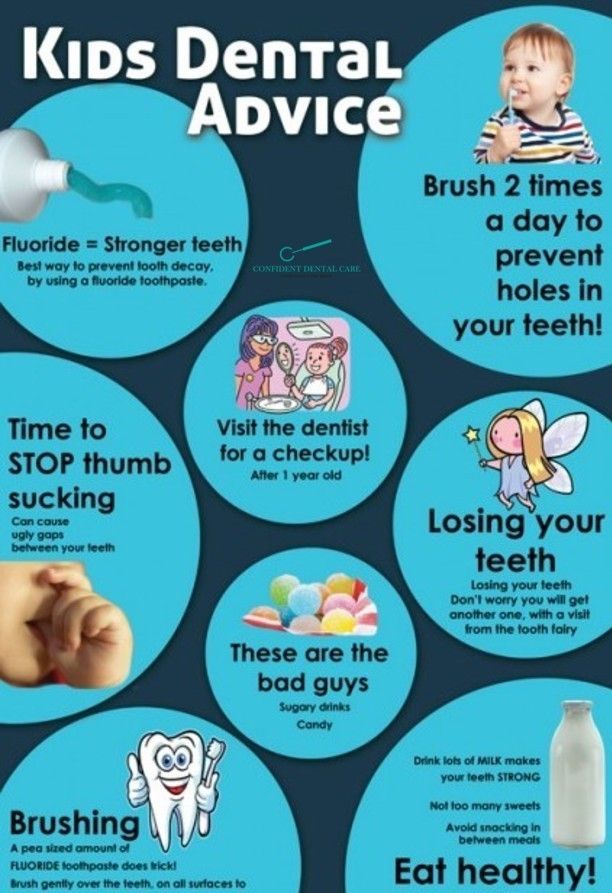 A vegetarian or vegan diet requires plenty of vitamin B12, vitamin D, calcium, and omega-3 fatty acids while breastfeeding, so opt for foods and supplements that provide you with these essential nutrients.
A vegetarian or vegan diet requires plenty of vitamin B12, vitamin D, calcium, and omega-3 fatty acids while breastfeeding, so opt for foods and supplements that provide you with these essential nutrients.
If you are on a vegetarian, vegan, macrobiotic, or other special diet, you may need additional medical advice to make sure you are getting all the nutrients your baby needs. nine0003
Literature
1 National Health Service (NHS) [Internet]. Burnley, UK: Department of Health; 2018. Should pregnant and breastfeeding women avoid some types of fish?; 2015 Jul 06 [cited 2018 Apr 12]; Available from: https://www.nhs.uk/chq/Pages/should-pregnant-and-breastfeeding-women-avoid-some-types-of-fish.aspx - National Health Service (NHS) [Internet]. Burnley, UK: Department of Health; 2018. "Should a pregnant and lactating woman refrain from eating certain types of fish?"; July 6, 2015 [cited April 12, 2018]; See article on site https://www.nhs.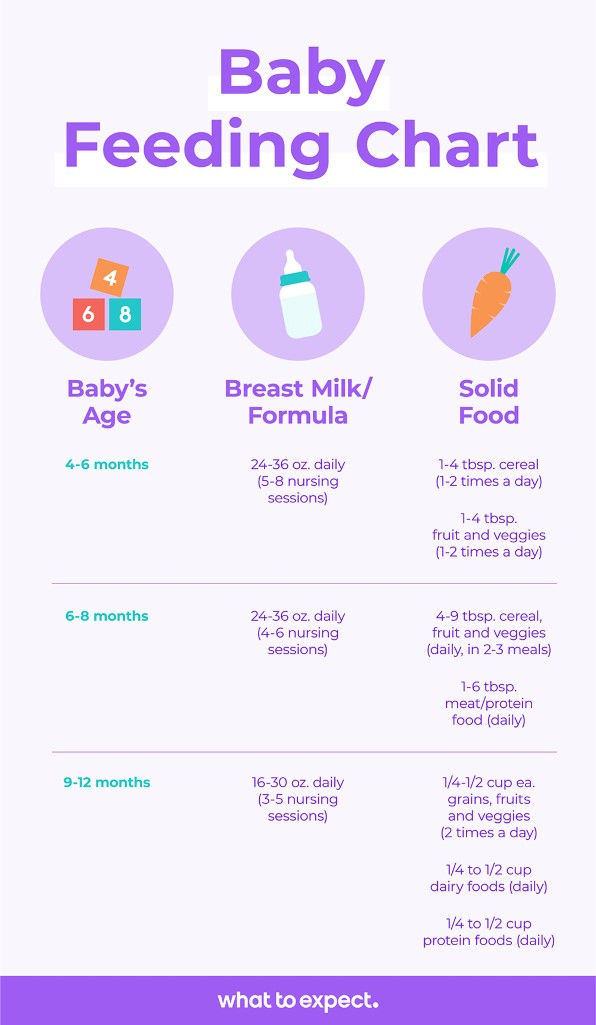 uk/chq/Pages/should-pregnant-and-breastfeeding-women-avoid-some-types-of-fish.aspx
uk/chq/Pages/should-pregnant-and-breastfeeding-women-avoid-some-types-of-fish.aspx
2 Oberhelman SS et al. Maternal vitamin D supplementation to improve the vitamin D status of breast-fed infants: a randomized controlled trial. Mayo Clin Proc. 2013;88(12):1378–1387. - Oberhelman S.S. et al., Introduction of Vitamin D to the Diet of Nursing Mothers to Increase Vitamin D in children: a randomized controlled trial. Mayo Klin Prok. 2013;88(12):1378–1387. : effects on the mother and the fetus. Am J Obstet Gynecol. 2006;194(4):937-945. - Thomas M., Weisman S. M., "Calcium supplementation during pregnancy and lactation: effects on the mother and on the fetus". Am J Obstet Ginekol (American Journal of Obstetrics and Gynecology). 2006;194(4):937-945.
4 Pitt et al Reduced risk of peanut sensitization following exposure through breast-feeding and early peanut introduction.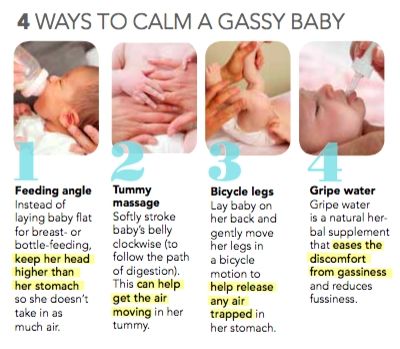 J Allergy Clinic Immunol. 2018;141(2):620-625. e 1 - Pitt et al., "Reducing the Risk of Peanut Allergy by Introducing Peanuts into the Breastfeeding Mother's Diet and as a Baby's First Food." nine0095 G Allergy Clean Immunol. 2018;141(2):620-625.e1
J Allergy Clinic Immunol. 2018;141(2):620-625. e 1 - Pitt et al., "Reducing the Risk of Peanut Allergy by Introducing Peanuts into the Breastfeeding Mother's Diet and as a Baby's First Food." nine0095 G Allergy Clean Immunol. 2018;141(2):620-625.e1
5 Dewey KG. Energy and protein requirements during lactation. Annu Rev Nutr. 1997 Jul;17(1):19-36. - Dewey K. J., "Energy and Protein Requirements During Lactation". Anna Rev Nutr . 1997 Jul;17(1):19-36.
6 Food Standards Agency (FSA) [Internet]. London, UK: Crown copyright 2002. Eating for breastfeeding; [cited 2018 Apr 13]; Available from: https://www.food.gov.uk - Food Standards Agency (FSA) [Internet]. London, UK: State Copyright 2002. "Eat to feed" [cited April 13, 2018]. See article on https://www.food.gov.uk
7 National Health Service (NHS) [Internet].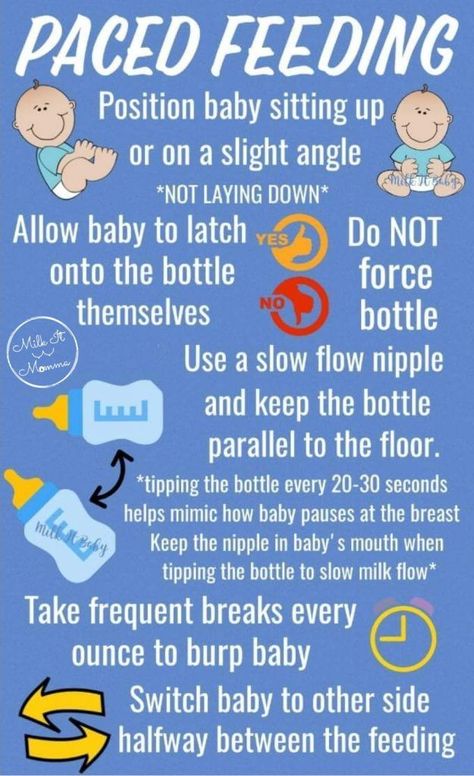 Burnley, UK: Department of Health; 2018. Breastfeeding and diet; 2016 Jan 29 [cited 2018 Apr 12]; Available from: https://www.nhs.uk/conditions/pregnancy-and-baby/breastfeeding-diet - National Health Service (NHS) [Internet]. nine0095 Burnley, UK: Department of Health 2018. Breastfeeding and Diet; 29 January 2016 [cited 12 April 2018] See article at https://www.nhs.uk/conditions/pregnancy -and-baby/breastfeeding-diet
Burnley, UK: Department of Health; 2018. Breastfeeding and diet; 2016 Jan 29 [cited 2018 Apr 12]; Available from: https://www.nhs.uk/conditions/pregnancy-and-baby/breastfeeding-diet - National Health Service (NHS) [Internet]. nine0095 Burnley, UK: Department of Health 2018. Breastfeeding and Diet; 29 January 2016 [cited 12 April 2018] See article at https://www.nhs.uk/conditions/pregnancy -and-baby/breastfeeding-diet
8 Mennella JA et al. A. et al., Prenatal and postnatal recognition of odors in children. Pediatrix (Pediatrics). 2001;107(6):e88.
9 Academy of Breastfeeding Medicine. ABM clinical protocol# 24: allergic proctocolitis in the exclusively breastfed infant. Breastfeed Med . 2011;6(6). - Academy of Breastfeeding Medicine. "AVM Clinical Protocol #24: Allergic Proctocolitis in an Exclusively Breastfed Child". Brestfeed Med (Breastfeeding Medicine). 2011;6(6). nine0095
Lack of sleep while breastfeeding | Philips Avent
4 min.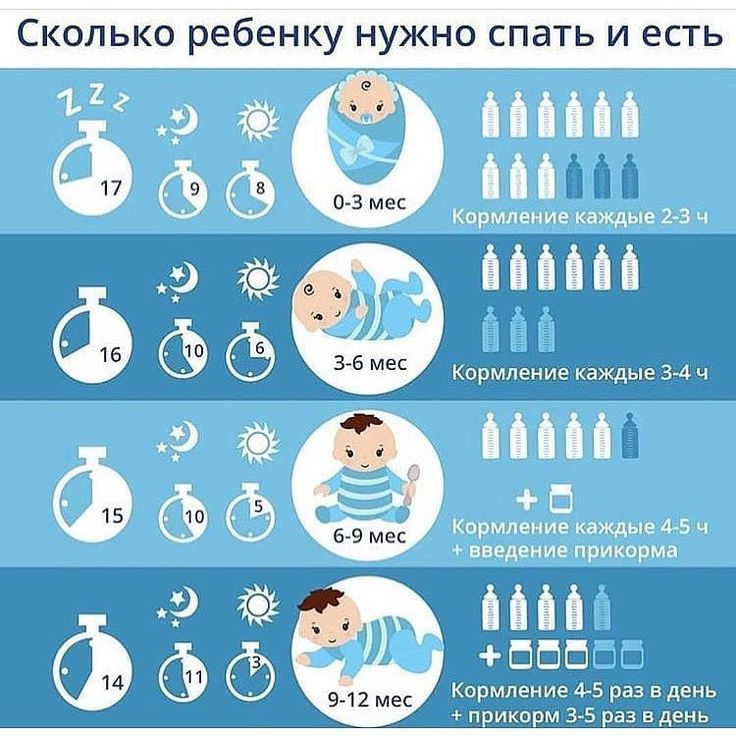
Sept. 2021
This material is intended for healthcare professionals
In the first months of a newborn's life, lack of sleep in the parents can be of great importance for its further development. The newborn's feeding and sleeping schedule means that parents can only rely on short sleep, which is contrary to the adult's need for uninterrupted 7–9-hour sleep. 1
When parents try to find ways to cope with night feedings, strong emotions and deep insecurities often arise. This happens even among parents who already have experience with newborns. Health professionals can help and support parents by providing them with complete information and advice on caring for newborns.
Poor health due to exhaustion
Educating mothers about the physiology of sleep is a good starting point. Since they are unable to sleep for longer periods of time, they often skip REM sleep, which begins around 90 minutes of uninterrupted sleep is critical to restoring vitality.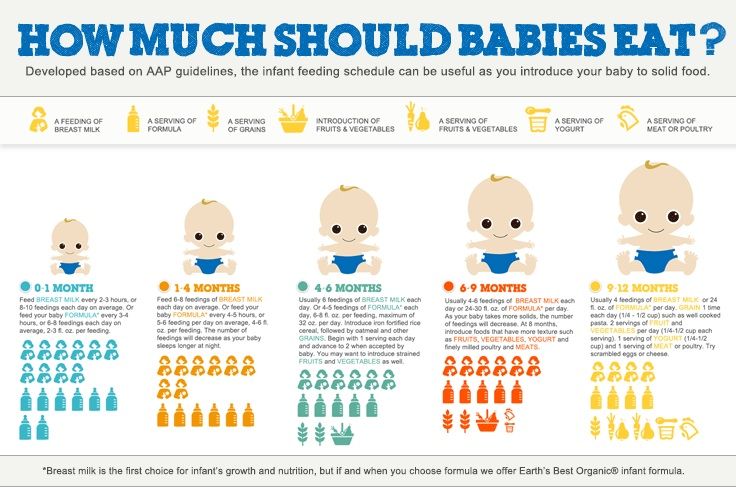 Lack of sleep during REM sleep reduces stress tolerance and the ability to think clearly. So it is only natural that they are exhausted and irritated.
Lack of sleep during REM sleep reduces stress tolerance and the ability to think clearly. So it is only natural that they are exhausted and irritated.
Mothers would like to have a nightly feeding schedule and still want to get a good night's sleep. Moms often feel guilty about switching to bottle feeding, even if it's just to share the worries of nighttime feeding with their partner. They may worry that bottle feeding will interfere with bonding and may also negatively impact a child's development if they don't always respond to a newborn's diet. nine0003
Advice from health professionals
Parents value the support of health professionals and advice tailored to the mother's specific situation. Your experience and knowledge helps them by increasing their confidence in parenting. The health worker's advice is as follows:
- Look at the sleep conditions of the parents and the child, perhaps some changes can be made. For example, if the bedroom is too hot or too cold, it can disturb a child's sleep 2 so he may wake up and need more attention at night.
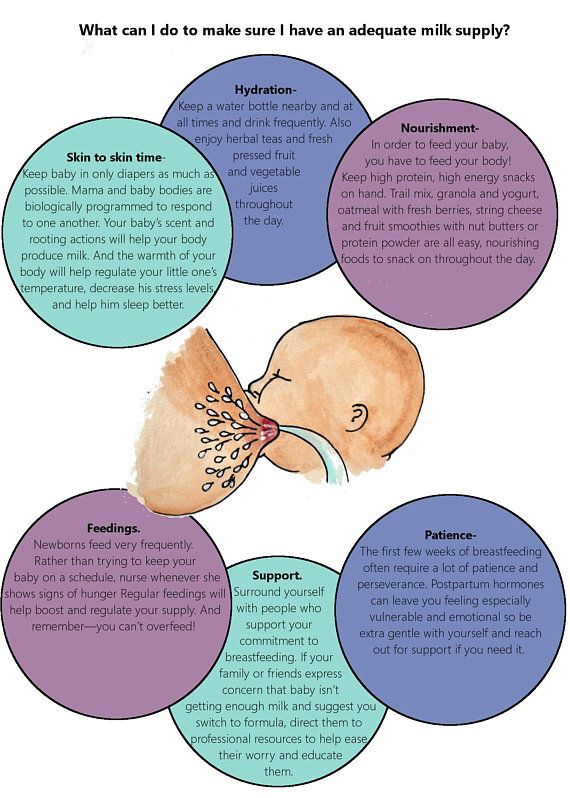
- Explain the advantages and disadvantages of using night feeding bottles so parents can make an informed decision and possibly share responsibility.
- Advise preventing baby from falling asleep on the breast at night and replacing this with close physical contact.
- Reassure mothers that they are great mothers, even if they (or their partner) bottle feed their baby. nine0262
And if mothers are worried about losing contact with their baby, reassure them that feeding is not their only connection. As partners help with bottle feeding and night feedings decrease, physical contact with the baby should become the primary focus for each. Together they will find their common biological rhythm so that all family members are happy.
Share this article:
Similar articles
Are you not a healthcare professional?
Resources
1.